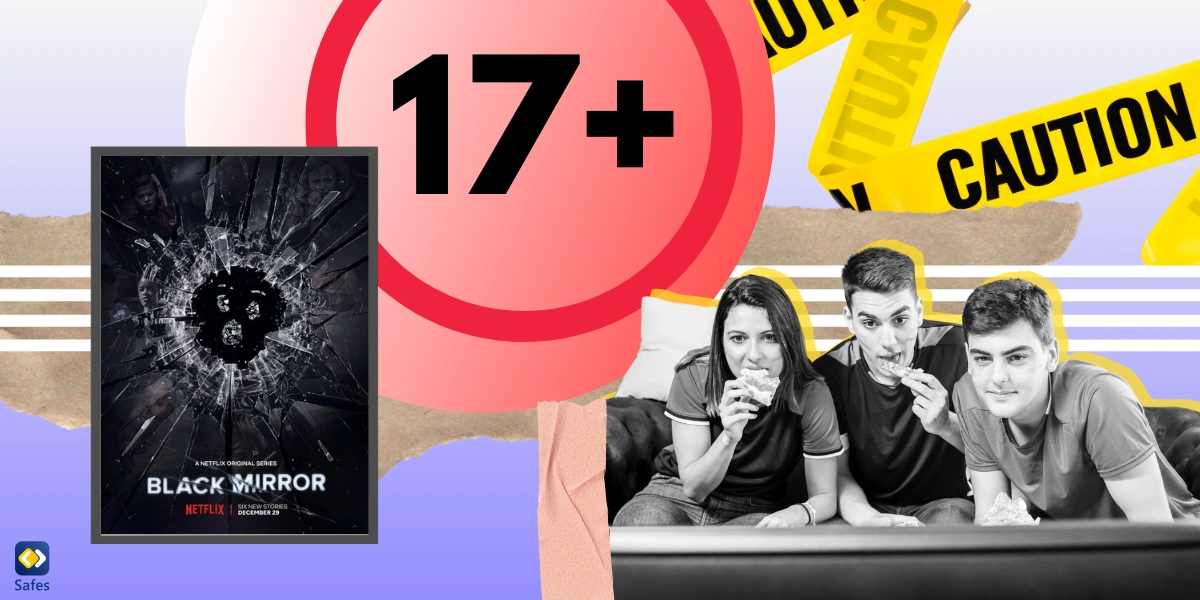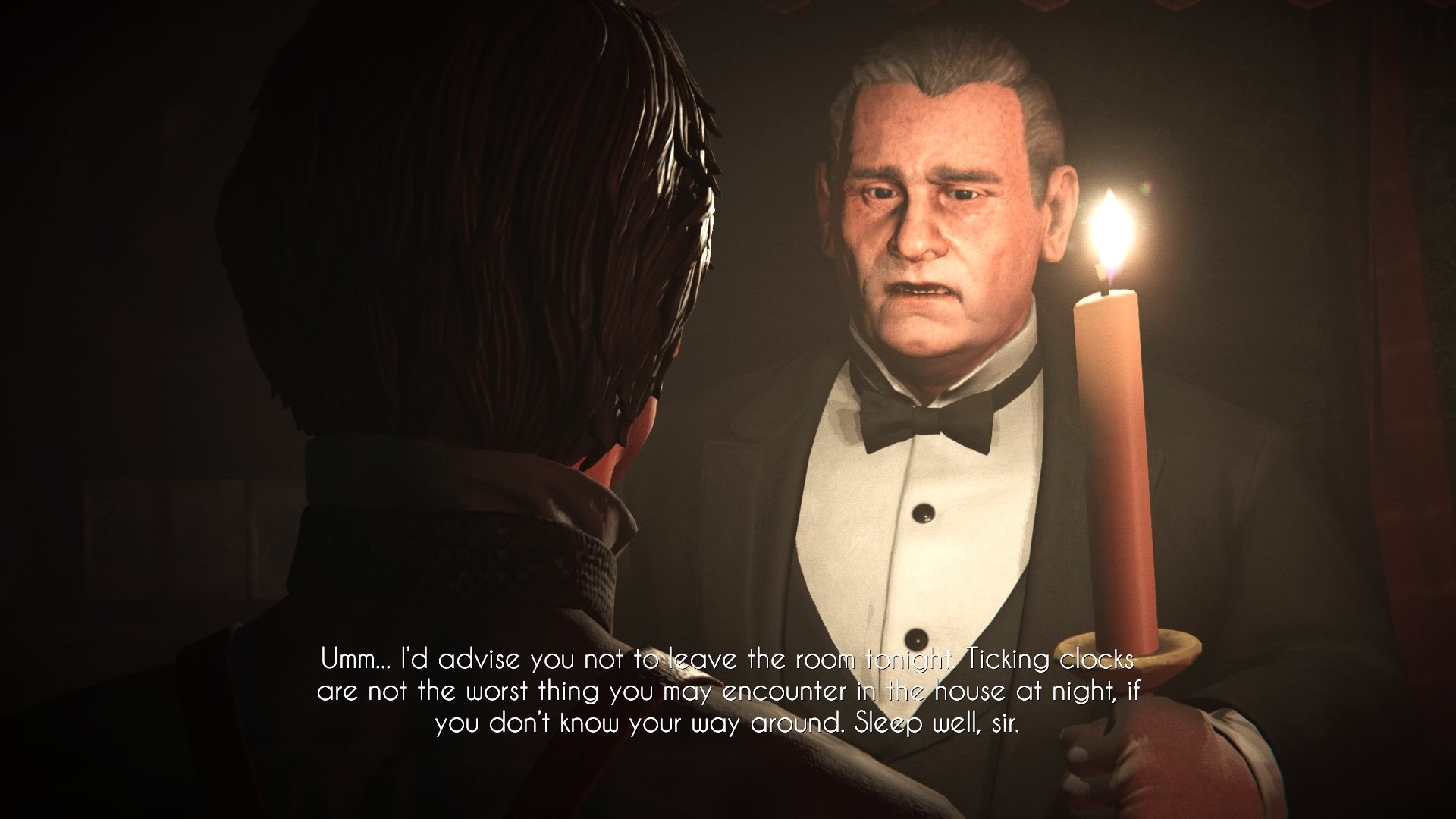Black Mirror Parents Guide, A Viewing Guide
Black Mirror Parents Guide navigates the complex and often disturbing world of the popular Netflix anthology series. This guide helps parents understand the show’s mature themes, ranging from technological dystopias to unsettling explorations of human nature, and provides tools to determine age appropriateness for each episode. We’ll delve into specific content warnings, discuss potential impacts on different age groups, and offer strategies for responsible viewing and family discussions.
From intense violence and graphic imagery to unsettling psychological themes, Black Mirror pushes boundaries. This guide aims to equip parents with the knowledge needed to make informed decisions about whether and how to watch the show with their children. We’ll explore the show’s various seasons and episodes, highlighting the wide range in maturity levels and offering a rating system to help you navigate the content.
Black Mirror Series Overview: Age Appropriateness
Black Mirror is an anthology series exploring the dark side of technology and its impact on humanity. Each episode presents a standalone story with varying themes and maturity levels, making it crucial for parents to exercise caution and discretion when deciding which episodes are suitable for their children. The show frequently tackles complex and unsettling topics, often depicting disturbing scenarios and morally ambiguous situations.
Reasons for Parental Guidance
Parental guidance is strongly advised for many Black Mirror episodes due to their mature themes, including intense violence, graphic imagery, disturbing psychological themes, and explorations of complex ethical dilemmas. The show often presents scenarios that are unsettling and thought-provoking, potentially causing distress or anxiety in younger viewers. The level of graphic content and psychological intensity varies significantly from episode to episode, making it essential to assess each episode individually before viewing.
Maturity Levels Across Seasons and Episodes

While Black Mirror maintains a consistently dark and thought-provoking tone, the level of maturity required to engage with the content varies considerably. Earlier seasons tend to lean towards more satirical and less graphic storytelling, while later seasons often delve into more intense and disturbing themes. Some episodes, like “White Bear,” feature explicit violence, while others, such as “San Junipero,” are more emotionally resonant and less graphically intense.
Ever wondered about the family lives of famous people? It’s interesting to learn about the backgrounds that shape them. For instance, you can find some information about Hasbulla’s upbringing by checking out this link on Hasbulla’s parents. Similarly, if you’re curious about the family life of a different kind of star, you might be interested in learning more about the influences on Derrick White’s career; details on Derrick White’s parents can provide some insight into his journey.
These family dynamics often play a significant role in shaping the individuals we admire.
A rating system, discussed below, can assist parents in navigating this variability.
Content Warnings for Specific Episodes
Several Black Mirror episodes contain content that may be unsuitable for younger viewers. This section provides a guide to help parents make informed decisions about which episodes are appropriate for their children’s age and maturity level.
Episode Maturity Ratings
We propose a rating system based on the intensity and type of mature content: PG-13 (Parental Guidance Suggested for ages 13+), R (Restricted – under 17 requires accompanying parent or adult guardian), and MA (Mature Audiences Only – 18+). This is a subjective assessment, and parents should use their judgment.
- PG-13: Episodes with mature themes but minimal graphic violence or disturbing imagery (e.g., “San Junipero”).
- R: Episodes with significant violence, disturbing imagery, or complex ethical dilemmas (e.g., “White Bear,” “White Christmas”).
- MA: Episodes with extreme violence, graphic sexual content, or deeply disturbing psychological themes (e.g., some episodes in later seasons may fall into this category).
Themes Explored in Black Mirror Relevant to Parental Concerns
Black Mirror consistently explores the ethical implications of rapidly advancing technology and its potential to disrupt human relationships and society as a whole. These themes are crucial for parents to understand as they can significantly impact children and adolescents.
Ever wondered about the family lives of famous figures? For instance, learning about Hasbulla’s parents offers a fascinating glimpse into his upbringing and the support system behind his online fame. It’s interesting to compare that to the background of athletes like Derrick White; you can find information about Derrick White’s parents and how they might have influenced his basketball career.
Exploring the family dynamics of these individuals provides a richer understanding of their journeys to success.
Technology’s Impact on Society and Relationships
The series vividly portrays how technology can both enhance and distort human connection, from social media’s influence on self-esteem to the potential for virtual reality to replace real-life interactions. These themes are particularly relevant to young people who are constantly immersed in a digital world.
Ethical Dilemmas and Societal Anxieties
Black Mirror presents various ethical dilemmas stemming from technological advancements, such as the use of surveillance technology, artificial intelligence, and genetic engineering. The show also reflects anxieties about societal control, privacy, and the erosion of human autonomy – all issues relevant to the concerns of modern parents.
Impact on Children and Adolescents
The show’s exploration of these themes can profoundly affect children and adolescents. Younger viewers might struggle to differentiate between fiction and reality, potentially leading to anxieties about surveillance or the misuse of technology. Older teens might grapple with the ethical implications of the scenarios presented, sparking important conversations about responsible technology use and societal values.
Parental Discussion Points and Viewing Strategies
Engaging in discussions with children after watching Black Mirror episodes can be a valuable opportunity to foster critical thinking and explore complex ethical issues. A proactive approach to viewing, including watching together and facilitating open conversations, is crucial.
Discussion Points, Black mirror parents guide
- What are the ethical implications of the technology presented in the episode?
- How does the episode portray the relationship between technology and human nature?
- What are the potential consequences of the choices made by the characters?
- How does this episode relate to our own lives and experiences with technology?
Approaching Sensitive Topics
Parents should approach sensitive topics with empathy and understanding, creating a safe space for children to express their feelings and concerns. It’s essential to acknowledge their emotions and validate their reactions to the disturbing or unsettling content.
Responsible Viewing Habits
Watching Black Mirror together allows parents to guide their children through the complex themes and provide context and explanations. Open discussions after viewing are crucial for processing the episode’s impact and fostering critical thinking.
Comparing Black Mirror to Other Shows with Similar Themes
Black Mirror shares thematic similarities with other science fiction and dystopian shows, but it often stands out due to its intensity and graphic nature. Comparing it with other shows helps parents understand the nuances of its mature content.
Comparisons and Contrasts

Shows like “Westworld” or “The Twilight Zone” also explore the ethical implications of technology and societal anxieties. However, Black Mirror often presents more graphic and disturbing scenarios compared to these other series. “Electric Dreams” or some episodes of “Love, Death & Robots” might offer similar themes with less intense content, providing alternative viewing options for younger audiences.
Resources for Parents Seeking Further Guidance
Several resources are available to help parents navigate media consumption and discuss mature topics with their children. These resources can provide guidance on age ratings, media literacy, and strategies for engaging in constructive conversations.
Resource Guide
- Common Sense Media: Provides age-based ratings and reviews for movies and TV shows.
- Parent Previews: Offers detailed summaries and parental reviews of films and television programs.
- The American Academy of Pediatrics: Provides guidelines on children’s media consumption and healthy screen time habits.
The Impact of Black Mirror on Different Age Groups
Black Mirror’s impact varies greatly depending on the viewer’s age and developmental stage. Younger children may be more susceptible to fear and anxiety, while older teens may engage with the show’s complex ethical dilemmas on a deeper level.
Developmental Considerations
Younger children may struggle to differentiate between fantasy and reality, leading to potential anxieties. Adolescents, however, may find the show’s exploration of societal issues thought-provoking and relevant to their own experiences. The potential for increased anxiety or disturbed sleep should be considered for younger viewers.
Benefits and Drawbacks
While Black Mirror can spark critical thinking and ethical discussions, its disturbing content may be detrimental to younger viewers. Older teens might benefit from its exploration of complex social and technological issues, but even for this age group, parental guidance and discussion are crucial.
Creating a Family-Friendly Viewing Guide for Black Mirror (If Possible): Black Mirror Parents Guide

Given the show’s consistently mature content, creating a truly “family-friendly” viewing guide is challenging. However, some episodes are arguably less intense than others, and with careful parental guidance and discussion, certain episodes could be approached with a family audience.
Age-Based Episode Suggestions
This is highly subjective and requires parental judgment. Episodes like “San Junipero” could potentially be suitable for older teens with parental discussion, while most other episodes would be unsuitable for younger viewers. Even for older teens, careful consideration is necessary due to the potential for disturbing themes.
Ultimately, deciding whether or not to watch Black Mirror with your family is a personal one. This guide provides the information you need to make an informed decision, weighing the show’s thought-provoking themes against its potentially disturbing content. By understanding the show’s complexities and utilizing the strategies Artikeld here, parents can foster meaningful conversations and responsible media consumption with their children.
Remember that open communication and shared viewing experiences can transform potentially challenging content into opportunities for growth and understanding.
Share this content:
